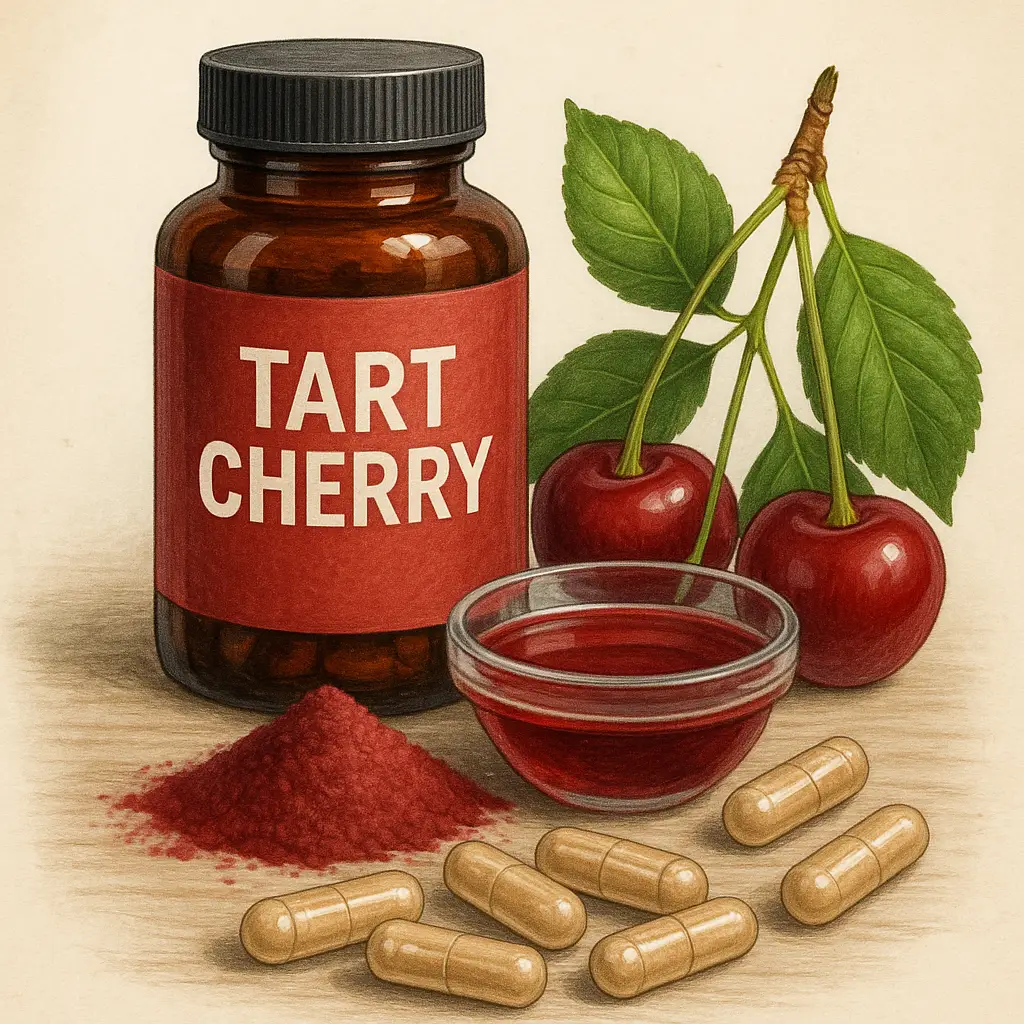Grapefruit
What is Grapefruit?
Grapefruit is a citrus fruit that originally hybridized from a cross between the sweet orange and the pomelo. This tangy fruit, known for its unique tartness and juiciness, has its roots in tropical and subtropical regions and is now grown in many areas around the world, particularly in the United States, Mexico, and Israel. Grapefruit is rich in nutrients, including vitamins A and C, folate, and several essential minerals.
Benefits of Grapefruit
- Rich in Nutrients: Grapefruit is low in calories while being high in vitamins and minerals, particularly vitamin C, which is crucial for immune function and skin health.
- Supports Weight Loss: The high water content and fiber in grapefruit can help promote feelings of fullness, which can be beneficial for weight management.
- Hydration: Grapefruit consists of about 90% water, which aids in hydration and supports metabolic processes.
- Antioxidant Properties: Grapefruit contains antioxidants like lycopene and flavonoids which help combat oxidative stress and reduce inflammation.
- May Improve Heart Health: Regular consumption of grapefruit has been linked to reduced cholesterol levels and improved blood pressure, helping to support cardiovascular health.
- May Aid Blood Sugar Control: Certain studies suggest grapefruit can improve insulin sensitivity, potentially benefiting those managing blood sugar levels.
Types or Forms of Grapefruit Available
- Fresh Grapefruit: Available in pink, red, and white varieties, each with a slightly different flavor profile.
- Grapefruit Juice: Juice extracted from fresh grapefruit, available both in sweetened and unsweetened forms.
- Grapefruit Extract: Concentrated forms used for supplementation, often found in capsules or powdered form.
How to Use Grapefruit
To reap the health benefits of grapefruit, consider the following recommendations:
- Recommended Dosages: A typical serving size is about half a grapefruit or one cup of grapefruit juice. For grapefruit supplements, follow the manufacturer's instructions.
- Timing: Consuming grapefruit before meals may help with appetite control and weight management.
- Usage Guidelines: Incorporate fresh grapefruit into your diet by adding it to salads, smoothies, or as a snack. Grapefruit juice can be mixed with other juices for added flavor and nutrient benefits.
Side Effects and Considerations of Grapefruit
While grapefruit is safe for most individuals, there are important considerations to be aware of:
- Drug Interactions: Grapefruit can interfere with the metabolism of various medications, particularly statins, blood pressure medications, and certain antihistamines. Always consult with a healthcare professional if you are on medication.
- Allergies: Some individuals may be allergic to grapefruit or other citrus fruits, leading to reactions such as skin rash or digestive issues.
Foods Rich in Grapefruit
- Fresh grapefruit (pink, red, or white)
- Grapefruit juice
- Grapefruit extract (found in supplements)
Common Myths About Grapefruit
- "Grapefruit can cure illnesses." While grapefruit contributes to a healthy diet, it should not be relied upon to cure specific health conditions.
- "Grapefruit aids in detoxification." Although it's refreshing and hydrating, no food can 'detox' the body like the liver and kidneys can.
Conclusion
Grapefruit is a nutrient-dense fruit that offers numerous health benefits, from weight management support to heart health improvement. Incorporating this citrus fruit into your diet can be an excellent way to enhance your overall health and optimize your performance, but it's essential to consider potential drug interactions and consult with a healthcare provider if you are on medication. Overall, grapefruit is a delicious and beneficial addition to a balanced diet.















